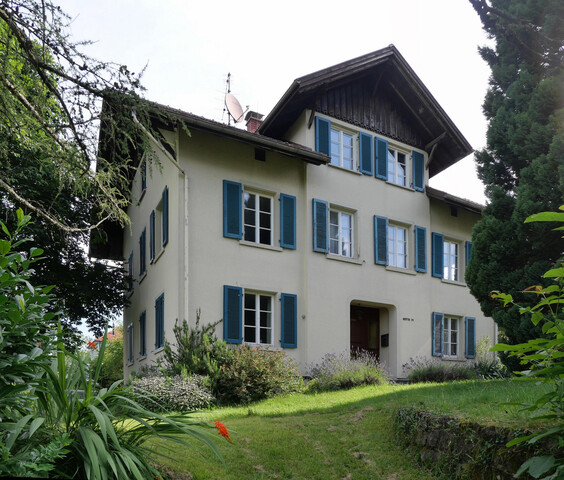Headscarf Ban: Desire for Constitutional Majority Exists

The headscarf ban for girls up to the eighth grade continues to spark discussions. The overwhelming majority of opinions consider the planned regulation to be unconstitutional. Already yesterday, the ÖVP advocated for a law with constitutional status - similarly, Integration Minister Claudia Plakolm (ÖVP) in the Ö1 "Midday Journal": "I think it would also be a strong signal if we could initiate a consensus for a constitutional provision."
What do FPÖ and Greens say?
In principle, both the FPÖ and the Greens would have welcomed the law, Plakolm said the day after the end of the review period for the draft law. However, obtaining the necessary approval from the Greens and FPÖ might not be so easy. The deputy Green club chairwoman Sigrid Maurer recently emphasized that they are against the compulsion to wear a headscarf. But: They will not agree to an unconstitutional law. The FPÖ initially remained reserved in response to an APA inquiry.
In terms of content, changes are certainly still possible from Plakolm's perspective. She is open to clarifications in definitions and terminology, the same applies to a scientific survey on the number of those affected. However, Plakolm is not bothered by the critical statements from the Islamic Religious Community (IGGÖ) or representatives of the Catholic or Protestant Church. "Legislation is carried out in the state's interest of child welfare and I do not need the approval of one or more religious organizations." For her, the fundamental right for girls to grow up equally takes precedence over the fundamental rights to religious freedom and religious education by the parents. Regarding sanctions, the government wants to provide teachers with practical mechanisms.
Constitutional Service with Concerns
Concerns about the design were expressed in its statement by the Constitutional Service. It pointed out, as numerous institutions before it, the fact that the planned regulation focuses on "wearing a headscarf that covers the head as an expression of an honor-cultural behavioral obligation." At the same time, it is not regulated anywhere what exactly "honor-cultural" is supposed to mean. "The term 'honor-cultural' raises the question of which headscarf in which context has an 'honor-cultural' significance and is not merely an expression of a religious, cultural, or ideological conviction or is worn for fashion or social reasons."
"Unclear" for the Constitutional Service are also the planned administrative penalties for parents whose children come to school with a headscarf despite the ban. During the time the children are in school, the guardians do not have an immediate duty of supervision. Furthermore, the fact must also be considered that the ban applies to the first eight school grades, but these can also be attended by children over 14 years and thus already religiously mature students. "For religiously mature children, there is no longer any legal representation in religious matters; they can decide alone which religious beliefs they adhere to and which acts of religious practice they perform. The guardians can therefore no longer determine how the child should behave in religious matters."
(APA/Red)
This article has been automatically translated, read the original article here.
Du hast einen Hinweis für uns? Oder einen Insider-Tipp, was bei dir in der Gegend gerade passiert? Dann melde dich bei uns, damit wir darüber berichten können.
Wir gehen allen Hinweisen nach, die wir erhalten. Und damit wir schon einen Vorgeschmack und einen guten Überblick bekommen, freuen wir uns über Fotos, Videos oder Texte. Einfach das Formular unten ausfüllen und schon landet dein Tipp bei uns in der Redaktion.
Alternativ kannst du uns direkt über WhatsApp kontaktieren: Zum WhatsApp Chat
Herzlichen Dank für deine Zusendung.








